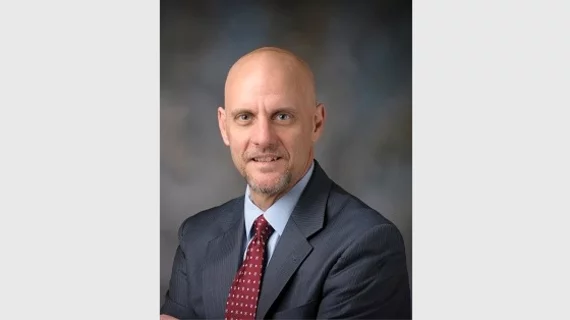Trump administration nominates radiation oncologist to lead FDA
The Trump administration has nominated Stephen Hahn, MD, chief of radiation oncology and chief medical executive at MD Anderson Cancer Center in Houston, to be the new commissioner of the FDA.
Back in March, Scott Gottlieb unexpectedly announced his resignation from the position, and Norman E. Sharpless, MD, who was also thought to be a potential nominee along with Hahn, took over as the FDA’s acting commissioner.
The American Society for Radiation Oncology (ASTRO) expressed its strong support for Hahn, who served on the ASTRO Board of Directors from 2014 to 2018, urging the Senate to “swiftly” confirm him to the position.
"I have known Dr. Hahn for many years and have served with him in numerous capacities,” Theodore L. DeWeese, MD, chair, ASTRO Board of Directors from 2019-2020, said in a statement. “He possesses the qualities needed to successfully lead the FDA…intelligence, medical and scientific expertise, an engaging style and a clear sense of how to get to the right answer, particularly in complicated situations.”
In his role as a radiation oncologist Hahn specializes in treating lung cancer and sarcoma. He has written 220 peer-reviewed articles and served as a senior investigator at the National Cancer Institute from 1989 to 1996.

